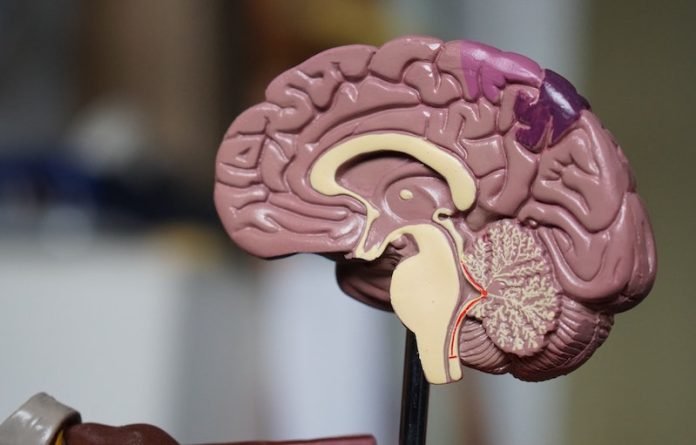
Alzheimer’s disease is the most common type of dementia.
It is a progressive disease beginning with mild memory loss and possibly leading to loss of the ability to carry on a conversation and respond to the environment.
In a study from Murdoch University and Imperial College London, scientists found one of the root molecular mechanisms of Alzheimer’s disease.
Scientists have long known that there are multiple genetic influences on Alzheimer’s risk, but remarkably little is known about how those gene variations actually physically cause the disease.
This new research links the abnormal genes to blood plasma metabolites—the substances made when the body breaks down food, drugs or chemicals—to detect the most important metabolites impacted by the genetic abnormality.
It’s important to research on a global scale, given that every three seconds someone in the world develops dementia.
This poorly understood disease is now the second leading cause of death of Australians. Among women, it’s the leading cause, responsible for 11% of deaths each year.
The new discovery was made by applying a new analytical technique, Metabolome Wide Association Studies (MWAS), that helps understand the metabolites that underpin a person’s risk of disease.
The team analyzed the most significant gene variants detected in Alzheimer’s patients and then found out how these connected to a large array of blood lipids, or fats, in the body.
Some of these connections turned out to be highly significant, pointing to a new class of metabolites (Lactoceramides) that were genetically-driven.
The blood levels of Lactoceramides were found to be directly related to patient cognitive performance and longer-term Alzheimer’s risk. This tell is that they are of direct diagnostic and prognostic relevance.
Dementia occurs when there is a build-up of protein in the brain which causes a slow decline in brain function over the years.
However, while a pathologist knows what to look for, we still don’t have a single confirmed theory as to why those proteins build up and why they cause cognitive decline.
The team says this gap in the understanding of the disease’s progression means the development of therapeutics is crucial for patents.
The research exemplifies the type of breakthroughs possible when powerful technologies and effective collaboration come together.
If you care about Alzheimer’s, please read studies about antioxidants that could help reduce the risk of dementia, and 5 steps to protect against Alzheimer’s and Dementia.
For more information about brain health, please see recent studies that herb rosemary could help fight COVID-19 and Alzheimer’s disease, and results showing this stuff in mouth may help prevent Alzheimer’s.
The study was conducted by Professor Elaine Holmes et al and published in the Proceedings of the National Academy of Sciences.
Copyright © 2022 Knowridge Science Report. All rights reserved.



